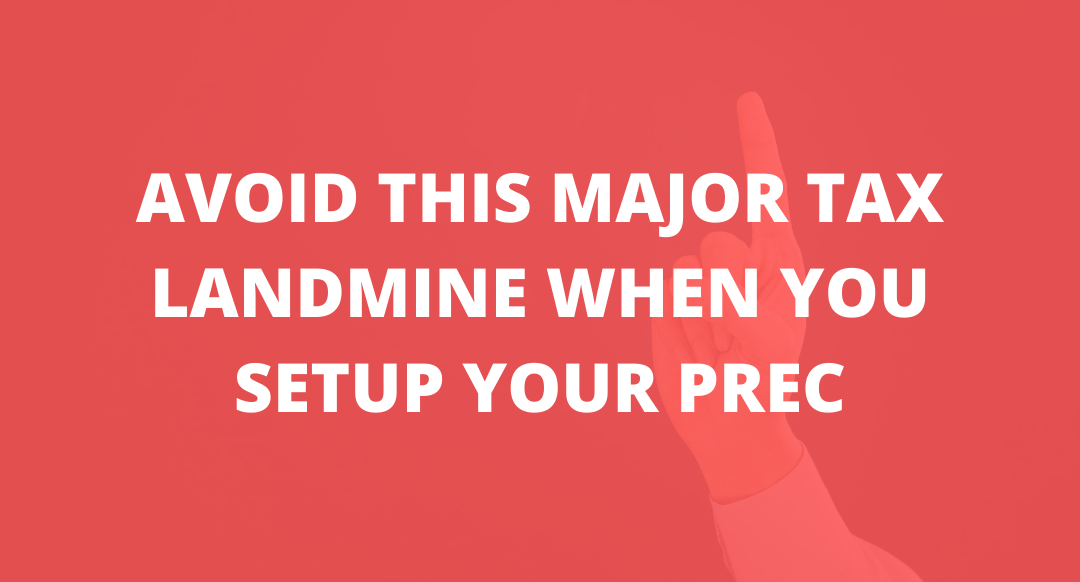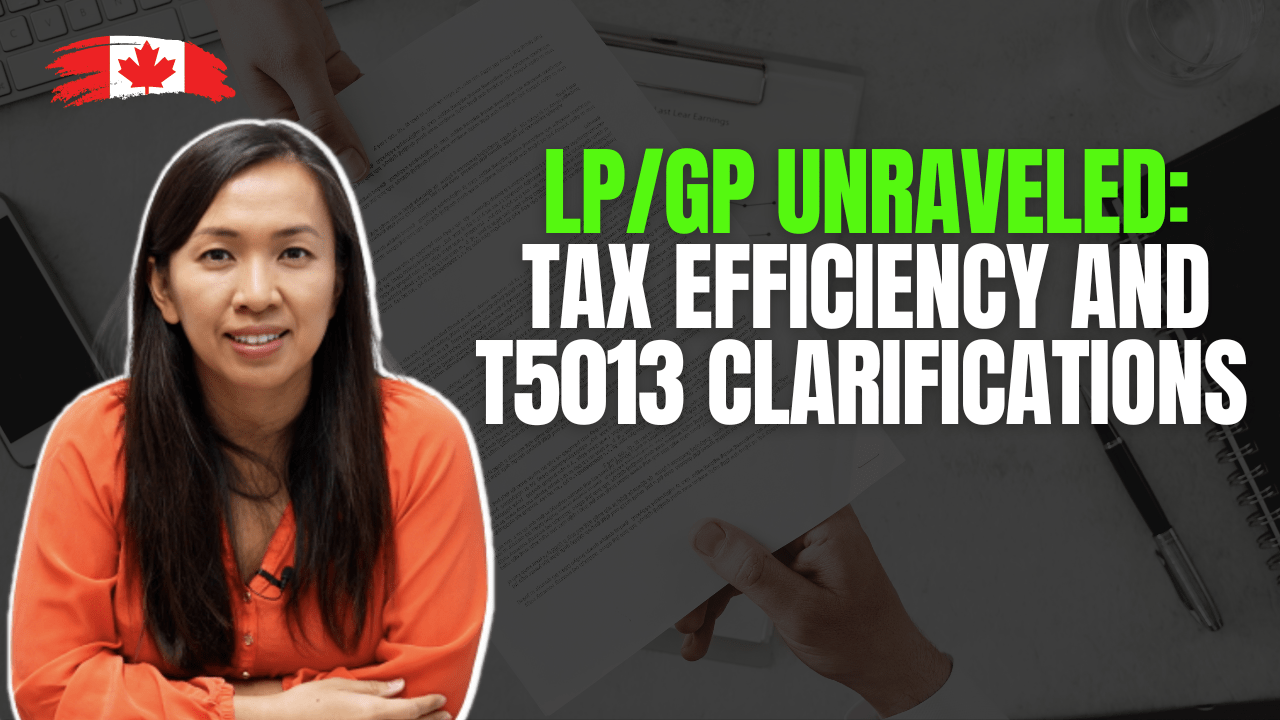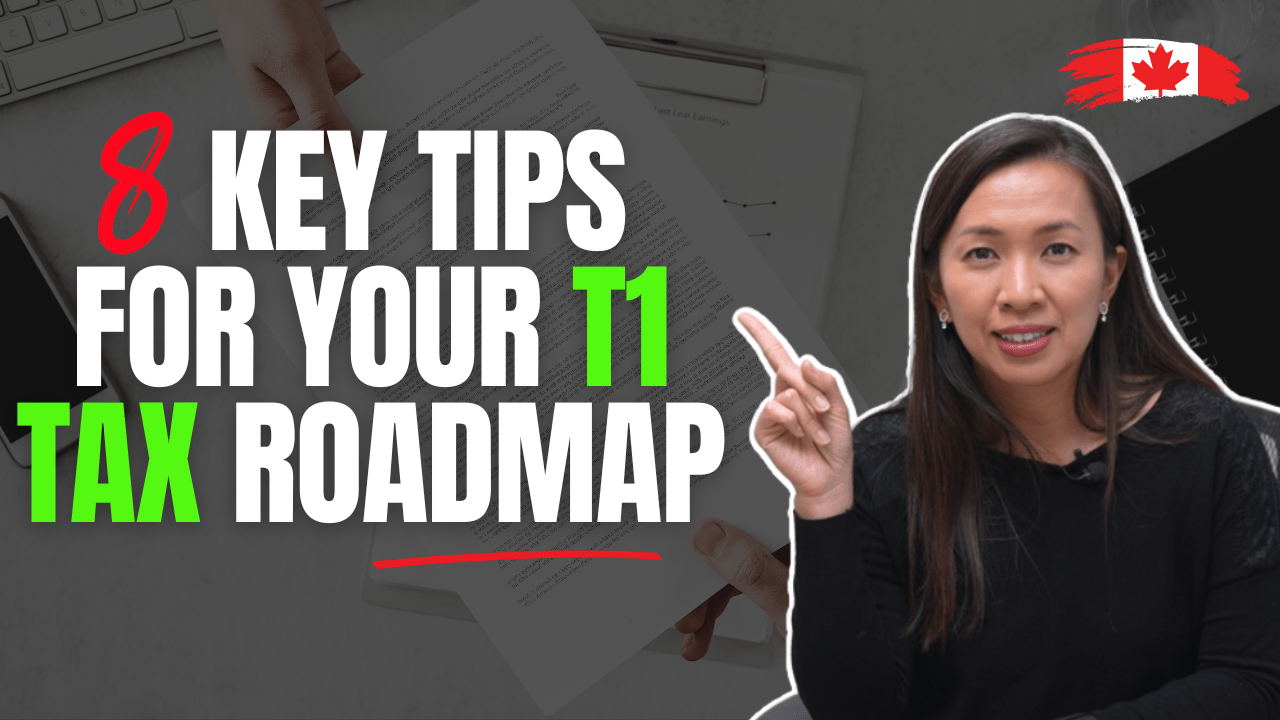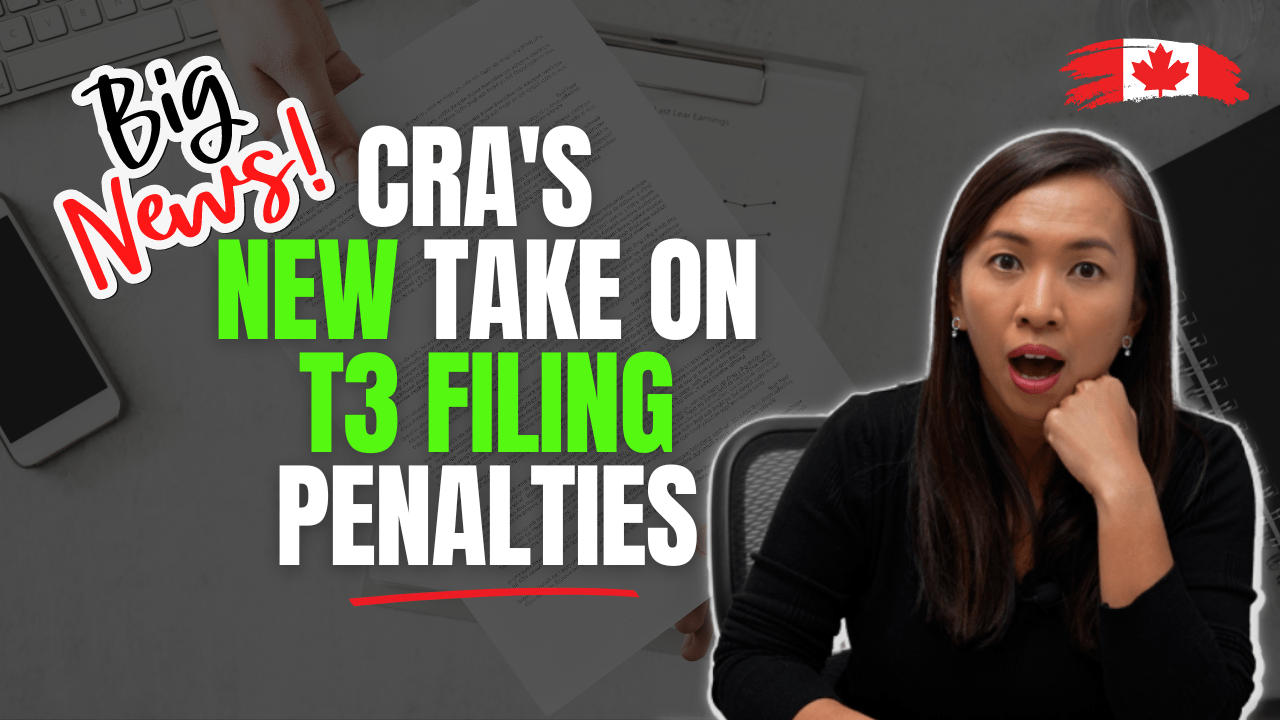
One of our business core values is to Always Do the Right Thing.
Core value is like the guiding principle in both my business and personal life. When I am in a difficult situation, I always go back to the basics, which is our core values.
We have gone on dozens of consultations about realtor incorporations in the last few weeks.
We are grateful for the opportunities to help fellow realtors to pay less tax.
Many realtors pose the questions – why do we need to do a valuation analysis and a tax free rollover of goodwill when I can setup a corporation for $1,000 at my lawyer?
In an earlier video that I posted, I explained the process of transferring your realtor business to the PREC.
When you’re transferring your realtor business to a newly formed PREC, you cannot simply shut it down and reopen and continue operating in your PREC.
The Income Tax Act looks at this “transfer” as a sale of business from your personal name to the corporation.
You might argue – well, I don’t have any business assets running my realtor business, other than a laptop and cell phones. What’s there to sell to the PREC?
Because you are selling your entire business to the corporation (and your PREC will continue to carry on the business on behalf of you) and you’re the controlling shareholder of your PREC, you’re deemed to sell the business at fair market value including Goodwill.
“Goodwill is the whole advantage, whatever it may be, of the reputation and connection of the firm which may have been built up by years of honest work or gained by lavish expenditures of money.
It is “the privilege, granted by the seller of a business to the purchase, of trading as his recognized successor; the possession of a ready-formed ‘connection’ of customers, considered as an element in the saleable value of a business, additional to the value of the plant, stock-in-trade, book debts, etc.”.”
In simple terms, when you shut down your sole proprietor business in your personal name, and operate your business in your PREC, without the proper form and documentation, you would have deemed to “gift” your business to the corporation.
Section 69 of Income Tax Act would kick in and you would be deemed to have received fair market value consideration on the “gift”.
If you don’t assign a fair market value to the Goodwill, you’re running the risk that CRA can come back and assign a value to it.
This means that CRA can come back, analyze your business, and impose a fair market value on your business.
This fair market value concluded by CRA would be added as income in your last year’s tax return and you need to pay income tax, penalty and interest on it.
“No one would buy my business.” That’s the most common objection I have.
Say you have been a full-time agent for the last 3 years and you consistently net over $200K to $250K from your business for the last 3 years.
Now you’ve decided it’s time to move the entire business to the corporation to take advantage of the low tax rate in the corporation.
Can you argue that you don’t have any connection and reputation built up in the last 3 years to enable you to make the same level of business income in the corporation?
Can you argue that you did not work hard in the last 3 years with honest work?
Can you argue that you don’t have a “ready-formed connection customers”? Are you getting referrals? Repeat customers? Can you argue that you won’t get any of these in the future?
I can’t.
Yes, the business that you have worked so hard on has value, at least, according to CRA’s Goodwill definition above.
You might not think that anyone will buy it, but I have seen purchase and sale in the realtor business world, and I know there are buyers and sellers out there.
Can you avoid paying taxes on deemed disposition of goodwill?
At the end of the day, we are setting up PREC to pay less tax.
What is the point of setting up a corporation if you have to pay more taxes?
You can elect to sell your business on a tax deferred basis to the corporation under Section 85 of the Income Tax Act.
You can do a valuation of the business, determine a value, draft up a proper agreement of purchase and sale and file the tax election form to defer the capital gain tax on the sale of business.
Yes, it is going to cost a couple thousand dollars more, but doing it the RIGHT way can save you the risk of being randomly assigned a fair market value by CRA on the sale of your business to the corporation.
CRA cannot come back, disagree with you, and add some additional income on your personal income tax return.
They can disagree with the value, but we have the appropriate clause in the agreement of purchase and sale to make sure that even if CRA disagrees with our valuation, no tax impact will be triggered.
For a business that is producing $150K net income year over year, if we use an earnings multiple of 3x to determine your business value, this might mean that your business can be worth as much as $450K. An earnings multiple is one way to value your business.
Imagine adding $450K to your income tax return and the tax related to it?
If you have worked hard to build a database and a referral network, you have goodwill. Schedule a one on one consultation with us to discuss the tax implication and how you can avoid this tax trap once and for all.
Until next time,
Cherry Chan, CPA, CA
Real Estate Agent Tax Expert






